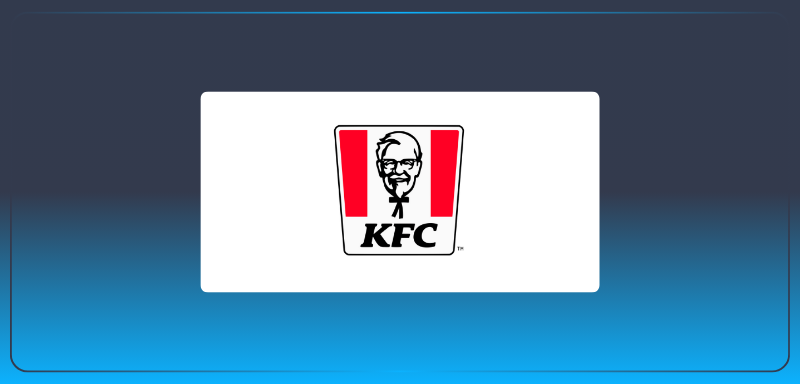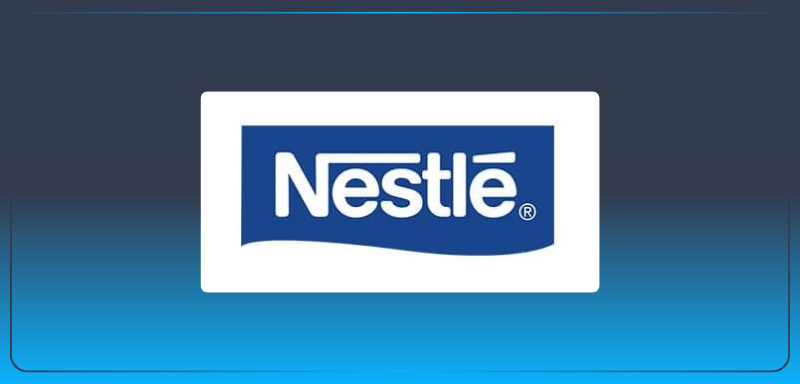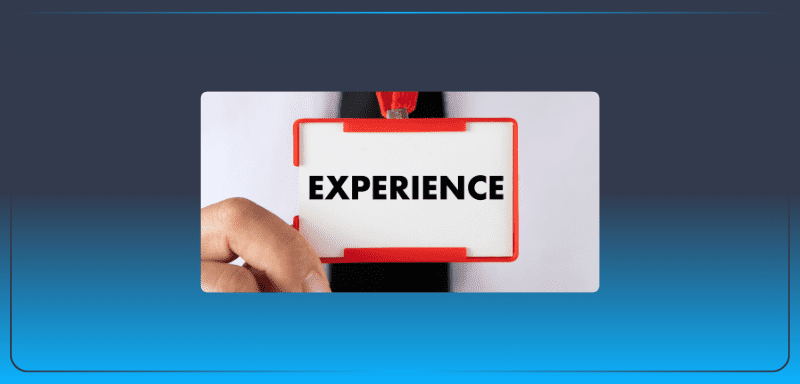Career
How to Successfully Change Careers: Essential Steps for a Smooth Transition
Learn how to successfully make a career change. This guide offers practical steps and tips to ease the transition and ensure you achieve your new career goals.
Advertisement
See the best tips to stand out

Changing careers can be a significant challenge, but with the right approach, you can make a smooth and successful transition.
If you are considering a career change, this guide offers essential steps to help you effectively achieve your professional goals.
1. Evaluate Your Motivations and Goals
Before you start a career change, it is essential to understand your current situation and what you want to achieve.
Reflecting on Your Reasons
Ask yourself why you want to change and what aspects of your current career are not meeting your expectations.
Assess whether the change is driven by a search for greater satisfaction, better financial opportunities, or a genuine interest in a new field.
Reflecting on your reasons helps ensure that the change is really what you want and not an impulsive decision.
Defining Your Goals
Set clear, specific goals for your new career. Ask yourself what you hope to achieve: a more challenging role, greater flexibility, or the chance to work in an industry you’re passionate about?
Having well-defined goals will help guide your decisions and keep you focused during the transition process.
Write down your goals and create a detailed plan to achieve them, which will allow you to more efficiently track your progress.
2. Research and Choose Your New Field of Activity
Detailed research and careful planning are essential to a successful transition.
Investigating the New Sector
Conduct in-depth research into the new field you want to enter. Study industry trends, the most valued skills, and the opportunities available.
This will help you understand what it takes to be successful and whether you are up to the challenge.
Research can include reading market reports, following industry news, and talking to professionals already working in the field.
Identifying Requirements and Skills
Identify the skills and qualifications required for positions in the new field. Check for gaps between your current skills and what is required in the new industry.
This may involve obtaining new certifications, developing specific skills, or even taking additional courses.
Consider taking online courses, workshops, or attending webinars to gain the necessary knowledge and stay up to date on industry best practices.
3. Develop an Action Plan
Develop a detailed plan that includes all the steps needed to make the transition.
Creating a Detailed Plan
Set realistic interim goals and deadlines for achieving each one. A structured plan will help you stay focused and organized throughout the process.
Break the plan down into smaller, more manageable steps, such as researching and applying to courses, updating your resume, and starting to connect with industry professionals.
Preparing Yourself Financially
Changing careers can involve a period of financial uncertainty. Assess your financial situation and create a budget that takes into account potential changes in income.
It is prudent to have an emergency fund to cover expenses during the transition.
If possible, start saving before you start the move to ensure you have enough resources to support the transition period.
4. Update Your Resume and Online Profile
Investing in education and training is crucial to prepare for your new career.

Discover how to use LinkedIn
Use LinkedIn to your advantage! Learn how to optimize your profile and use the platform's tools to land your ideal job.
Adapting Your Resume
Review and update your resume to reflect your new career goals. Highlight skills and experiences that are relevant to the new industry, even if they were acquired in a different context.
Use keywords and descriptions that align with industry requirements.
Additionally, consider creating a functional resume that emphasizes your transferable skills if your previous experiences are not directly related to the new field.
Optimizing Your LinkedIn Profile
Update your LinkedIn profile to align with your new career path. Make sure your resume and experiences focus on skills and accomplishments that are relevant to your new industry.
Consider adding a title and description that reflect your new career goal. Engage with content related to your new field, share articles, and participate in discussions to increase your visibility.
5. Expand Your Network
Building a network of contacts can ease the transition and open doors to new opportunities.
Building Relevant Connections
Connecting with professionals in your new industry can open doors and provide valuable insights. Attend events, webinars, and groups related to your new field.
Engage in conversations and share your interests to build meaningful relationships.
Don't hesitate to send introductory messages to influential people in the field to start conversations and explore potential opportunities.
Seeking Mentorship
Finding a mentor in your new field can be extremely helpful. A mentor can offer advice, guidance, and support during your transition.
They can share their own experiences and help you avoid common mistakes.
Look for professionals who have significant experience in the field and can offer valuable insights into what it takes to be successful.
6. Gain Relevant Experience
A well-crafted resume and cover letter are essential for a career change.
Volunteering and Freelance Projects
If possible, gain hands-on experience in the new field through freelance projects or volunteer work.
This will not only help build your portfolio, but it will also give you deeper insight into the industry and help you develop specific skills.
Look for opportunities that align with your goals and allow you to demonstrate your skills and contribute to meaningful projects.
Courses and Certifications
Taking courses and earning certifications relevant to your new industry can boost your credibility and improve your chances of landing a job.
Choose training programs that are recognized and valued in the desired field of activity.
Additionally, consider taking specialized courses that can provide a competitive advantage in the job market.
7. Prepare for Interviews
Properly preparing for interviews can make all the difference in your transition.
Searching for Companies
Research the companies you are interested in working for. Learn about their cultures, values, and current challenges.
This will allow you to prepare responses that are more aligned with what companies are looking for and demonstrate genuine interest.
Familiarize yourself with the companies' mission and vision, and be prepared to discuss how your skills and experiences can contribute to their goals.
Practicing Your Answers
Prepare and practice answers to common interview questions, especially those related to your career change.
Be prepared to clearly articulate the reasons for your career change and demonstrate how your previous skills and experiences apply to the new role.
Do mock interviews with friends or mentors to gain confidence and improve your answers.
Conclusion
Assessing your motivations, researching the new field, developing an action plan, updating your resume and online profile, expanding your network, gaining relevant experience, and preparing well for interviews are essential steps to ensuring an effective move.
Each step is an opportunity to move closer to your goal of finding a job that not only meets your expectations but also offers professional satisfaction and fulfillment.
By following these guidelines, you will be well prepared to face the challenges of career change and reach new heights in your professional life.
And, of course, keep following our portal for more valuable tips!

How to Create a Standout Resume
Your resume is the key to success! Here’s how to create a document that truly stands out in the job market.
Trending Topics

Home Depot Jobs: Your Opportunity for Professional Development!
Discover how to build a successful career working at Home Depot. See available positions and how to stand out in the selection process!
Keep Reading
How to Prepare for Behavioral Interview Questions
Prepare for behavioral questions with effective techniques to shine in interviews and highlight your qualities.
Keep Reading
KFC Job Recruitment: Learn How to Join the Team
Discover job opportunities at KFC and grow professionally in a welcoming environment, full of benefits!
Keep ReadingYou may also like

Careers at Nestlé: discover available opportunities
Careers at Nestlé offer competitive salaries, incredible benefits and an inclusive environment. Learn more here!
Keep Reading
Free Cooking Course: You Can Earn Up to US$$ 20.63 Per Hour in the Profession
Learn about the job market for chefs in the US and the benefits of a free online cooking course!
Keep Reading
How to Get a Job with No Experience: Tips for Newbies in the Job Market
Discover how to get a job without experience with practical strategies for beginners in the job market!
Keep Reading